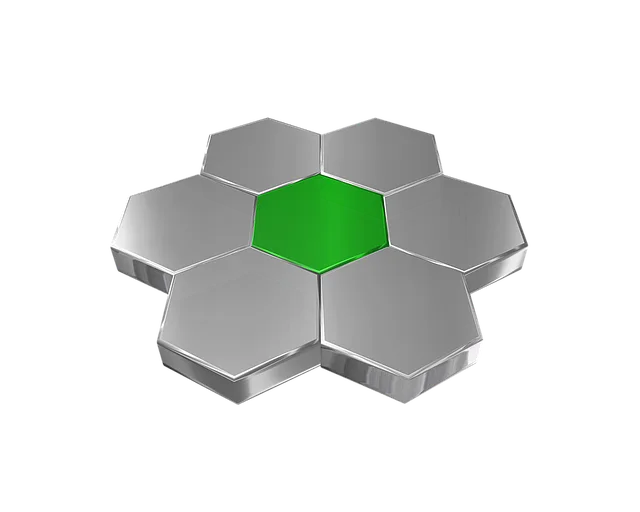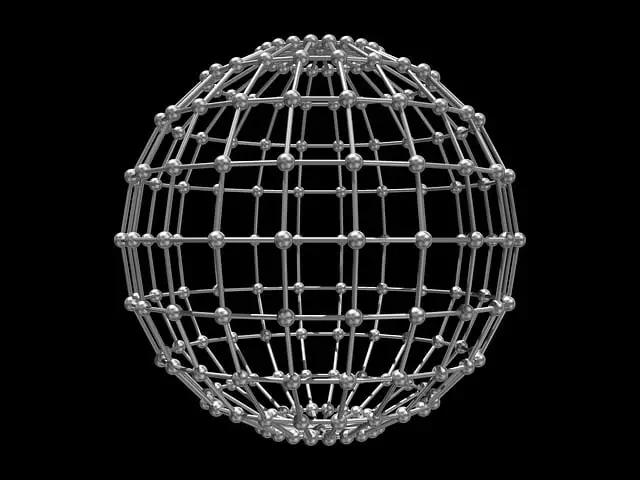Kratom, derived from the Southeast Asian Mitragyna speciosa tree, has garnered attention for its potential in aiding stress relief and muscle relaxation. Its alkaloids, particularly mitragynine, interact with brain receptors to boost mood by increasing dopamine and serotonin levels, which can lead to a sense of well-being and pain relief from muscle tension. Users often find that kratom effectively calms the mind and loosens tight muscles, offering therapeutic effects for those seeking stress management support. It's important to consider kratom as a complementary therapy alongside yoga, meditation, and massage therapy, each contributing uniquely to relaxation and wellness. These holistic practices, when combined with responsible kratom use under professional guidance, can create a synergistic effect that enhances overall stress management strategies. For those interested in natural muscle relaxation remedies, it's essential to consult healthcare professionals before incorporating kratom into their routine due to its powerful effects and potential interactions with other substances. A balanced lifestyle that includes regular physical activity, proper nutrition, and adequate rest complements the use of kratom for a comprehensive approach to stress relief.
Exploring effective stress relief methods is more than a pursuit for well-being; it’s an essential practice for maintaining mental and physical health. This article delves into various strategies, beginning with the natural compound Kratom and its role in alleviating stress and muscle tension. We will then examine complementary techniques such as yoga, meditation, and massage therapy that offer holistic muscle relaxation benefits. Finally, we’ll explore lifestyle adjustments and natural remedies that contribute to comprehensive stress management. Join us as we navigate these methods to discover a more balanced and harmonious approach to coping with life’s pressures.
- Unwinding Through Kratom: Understanding Its Role in Stress Relief and Muscle Tension Easing
- Complementary Techniques for Muscle Relaxation: Yoga, Meditation, and Massage Therapy
- Holistic Approaches to Stress Management: Lifestyle Adjustments and Natural Remedies
Unwinding Through Kratom: Understanding Its Role in Stress Relief and Muscle Tension Easing

Kratom, a mitragynine-containing plant native to Southeast Asia, has garnered attention for its potential role in stress relief and muscle relaxation. When individuals are grappling with the pressures of daily life or experiencing acute physical tension, kratom can offer a modulating effect on the body’s response to stress. Its alkaloids interact with the brain receptors, leading to a release of neurotransmitters like dopamine and serotonin, which are pivotal in regulating mood and pain perception. This interaction is believed to contribute to an overall sense of well-being and can help alleviate the rigidity and discomfort associated with muscle tension. Users often report that kratom aids in unwinding their minds and soothing their muscles, allowing for a more relaxed state conducive to stress relief. It’s important to note the distinction between kratom’s effects and those of recreational drugs; its use should be approached with mindfulness and an understanding of its potential benefits and risks. For individuals seeking natural alternatives for managing stress and muscle tension, kratom remains a subject of interest and exploration within the realm of botanical supplements. As with any wellness practice, it’s crucial to consult with healthcare professionals before integrating kratom into one’s stress management routine to ensure safe and effective use.
Complementary Techniques for Muscle Relaxation: Yoga, Meditation, and Massage Therapy

Engaging in complementary techniques for muscle relaxation can significantly enhance one’s overall well-being and stress relief experience. Yoga, a holistic practice combining physical postures, breathing exercises, and meditation, effectively targets muscle tension by promoting flexibility, strength, and balance. The mindful aspect of yoga encourages individuals to listen to their bodies, reducing the physical manifestations of stress. Additionally, meditation complements yoga by guiding the mind towards a state of calmness, which can further alleviate muscle tightness associated with stress and anxiety. It’s through these focused breathing techniques and moments of quiet reflection that the body’s natural relaxation response is activated.
On a physiological level, massage therapy also plays a pivotal role in muscle relaxation. This therapeutic approach aims to release knots, improve circulation, and decrease muscle soreness. The application of skilled touch can lead to the release of endorphins, the body’s natural painkillers, contributing to an immediate sense of relief. Furthermore, integrating Kratom, a naturally occurring plant alkaloid known for its potential sedative and analgesic effects, into massage therapy sessions can amplify the muscle-relaxing benefits. When used judiciously under professional guidance, Kratom can synergize with the therapeutic touch of massage to offer deeper relaxation, making it a valuable addition to any stress relief regimen centered on muscle relaxation.
Holistic Approaches to Stress Management: Lifestyle Adjustments and Natural Remedies

Holistic approaches to stress management often emphasize lifestyle adjustments and natural remedies as effective means for relaxation and well-being. Among these, incorporating practices that promote mindfulness and physical wellness can significantly alleviate stress. For instance, adopting a balanced diet, regular exercise, and adequate sleep are foundational elements in any holistic health strategy. Additionally, activities such as yoga and meditation have been shown to improve mental clarity and reduce stress hormones in the body.
In the realm of natural remedies, Kratom has gained attention for its potential role in muscle relaxation and stress relief. Kratom, derived from the leaves of Mitragyna speciosa, interacts with the brain’s opioid receptors, which can lead to sensations of calmness and pain relief. It’s important for individuals considering Kratom to consult healthcare professionals due to its potent effects and potential interactions with other medications. When used responsibly and as part of a comprehensive stress management plan that includes lifestyle adjustments, Kratom may offer a natural alternative to manage the physical symptoms of stress, such as muscle tension and discomfort. Integrating this approach alongside other holistic methods can create a synergistic effect, further enhancing one’s ability to cope with and overcome the pressures of daily life.
In conclusion, effective stress relief encompasses a multifaceted approach that can be tailored to individual needs. Among the various methods explored, unwinding through Kratom has shown potential for alleviating stress and soothing muscle tension. Complementary techniques like yoga, meditation, and massage therapy also play pivotal roles in achieving holistic muscle relaxation and overall well-being. Lifestyle adjustments combined with natural remedies further enhance one’s ability to manage stress proactively. It is clear that integrating these strategies can lead to a more balanced and tranquil life, allowing individuals to navigate the challenges of daily life with greater resilience and peace of mind.






